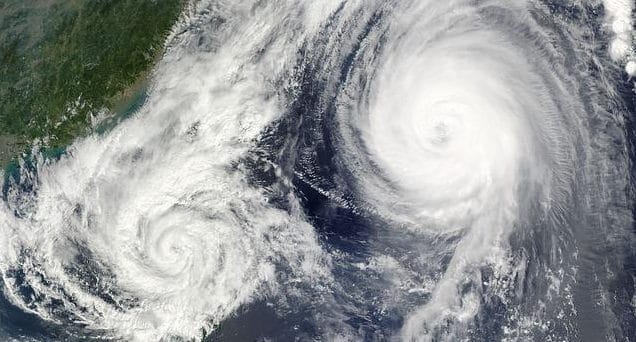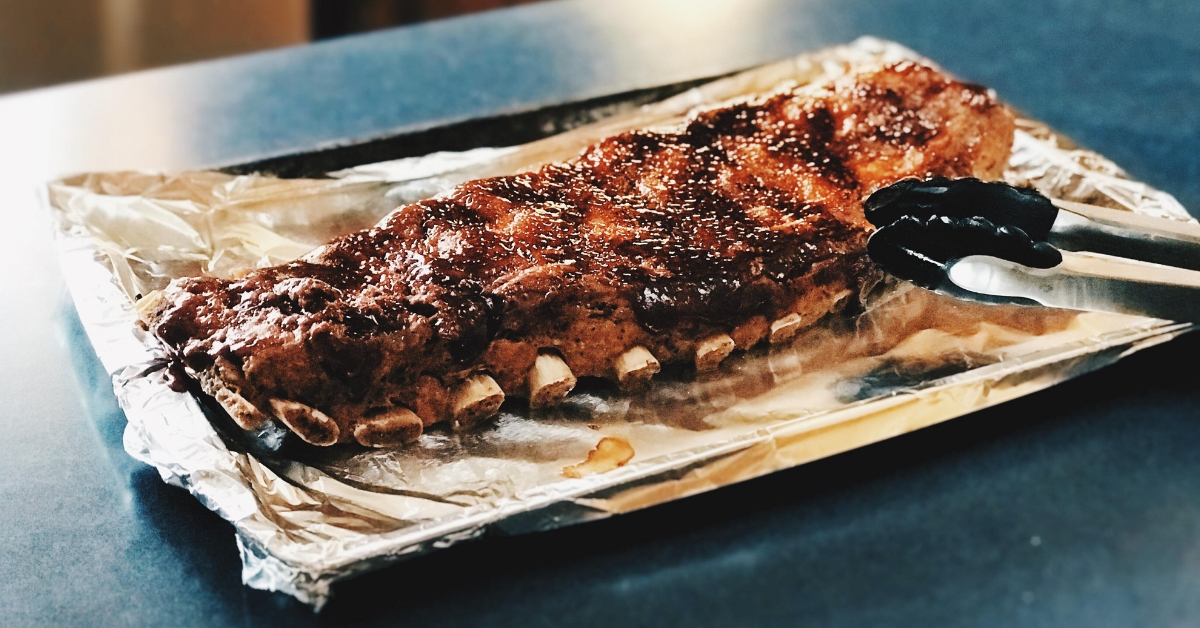Last updated on May 13, 2018 by Liza Hawkins
Use these tips for a safe fridge and freezer to help save your food when it looks like you may lose power in a storm.
It seems the brunt of Hurricane Sandy has come and gone. At our house, in the west-central portion of Maryland, we lost power for about eight hours.
It really could have been a lot worse.
Our lights flickered for a few hours in early evening, and then around 10:30 p.m. {poof!} the lights went out.
(No, I haven’t missed the irony that NBC’s Revolution airs at 10:00 p.m. on Monday nights.)
So, from 10:30 p.m. to 6:20 a.m. we were in the dark, which works out quite nicely considering we were all asleep anyway.
The only downside is that our refrigerator was without power for those same eight hours, and now I begin the annoying process of deciding what food’s safe to keep, and what needs to be tossed.
Tips and resources I’ve found helpful:
1. Use a thermometer to determine the warmth of your fridge.
FoodSafety.gov says if you’ve been over 40°F for more than two hours, then it’s time to start throwing away perishables like raw meat, poultry, seafood, leftovers and eggs.
2. If the freezer food still has ice crystals, it’s safe to refreeze.
This handy chart gives you all the details for refreezing, as well as when you need to discard things. Here’s one for refrigerated foods.
3. Dry ice can help keep your refrigerator cold.
This tip is only good if you’re able to get your hands on dry ice within a couple hours of losing power. An average refrigerator stays cold for about four hours, as long as you don’t keep opening its doors.
4. Keep milk and meats at the bottom of the fridge, all the way in the back.
This part of your refrigerator will stay the coldest, and those foods will have the best chance of staying cold the longest.
5. A full freezer can stay cold enough for up to 48 hours.
And if you only have a freezer that’s half full, that will stay safe for up to 24 hours—as long as you keep the door shut!
If your power’s out, I hope your devices are fully charged and that your power returns quickly!






This is helpful, considering OUR POWER IS STILL OUT! Ugh, I don’t even live that far from you!
Living in a somewhat rural area in PA, winter power outages are not uncommon. These tips should prove quite helpful. Thank you!
In sandy power outage, we live for almost 1 week in new jersey without any power and we keep dry ice to maintain cooling level of refrigerator.
Dianna Agron.